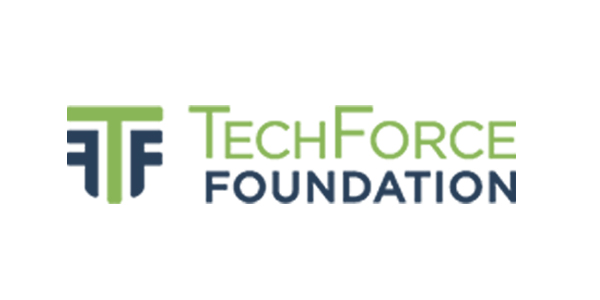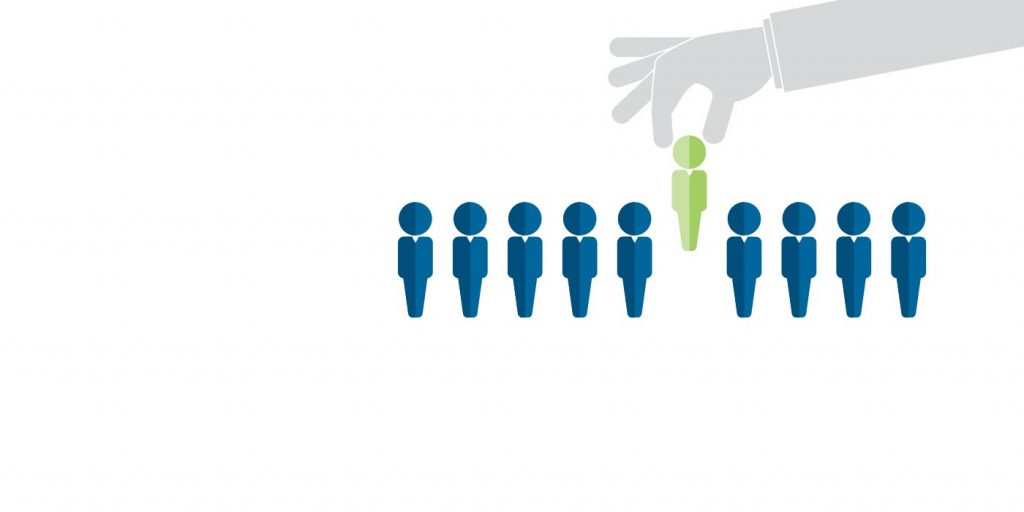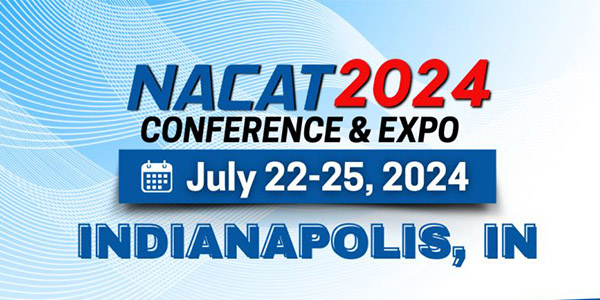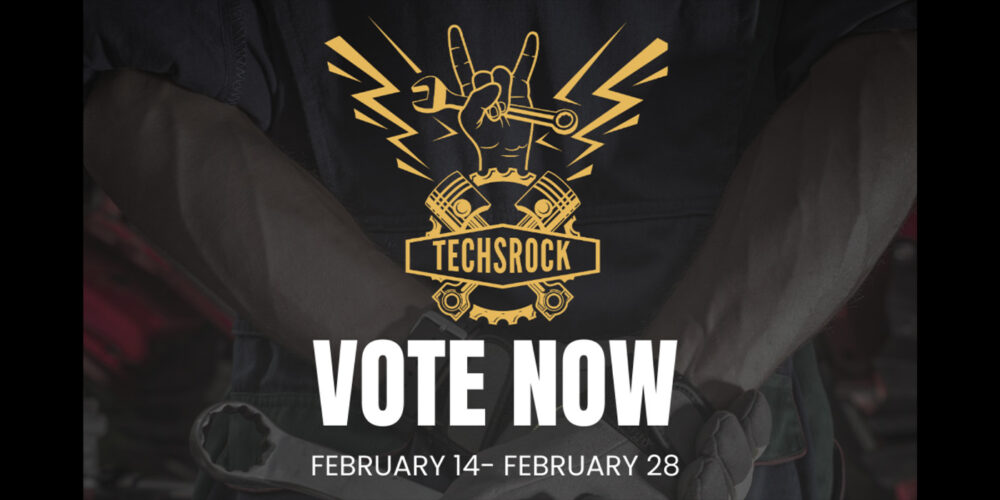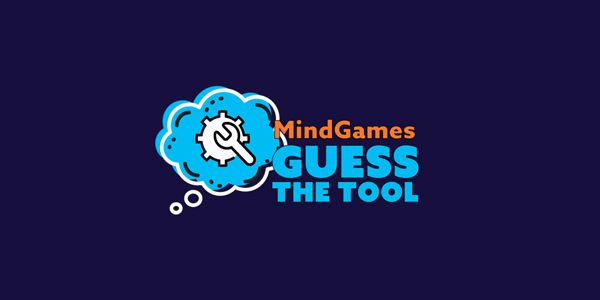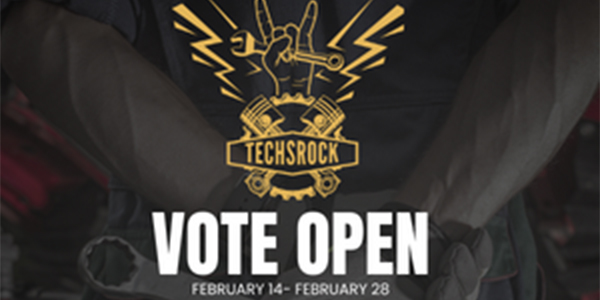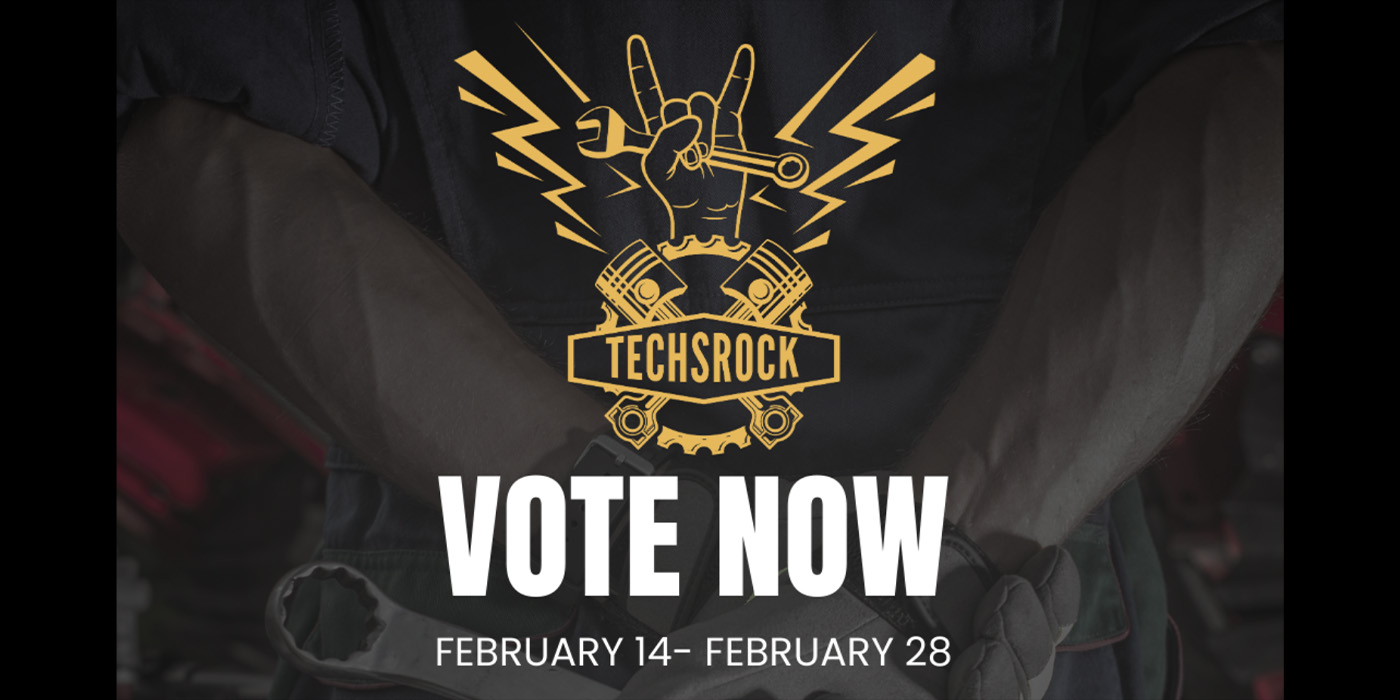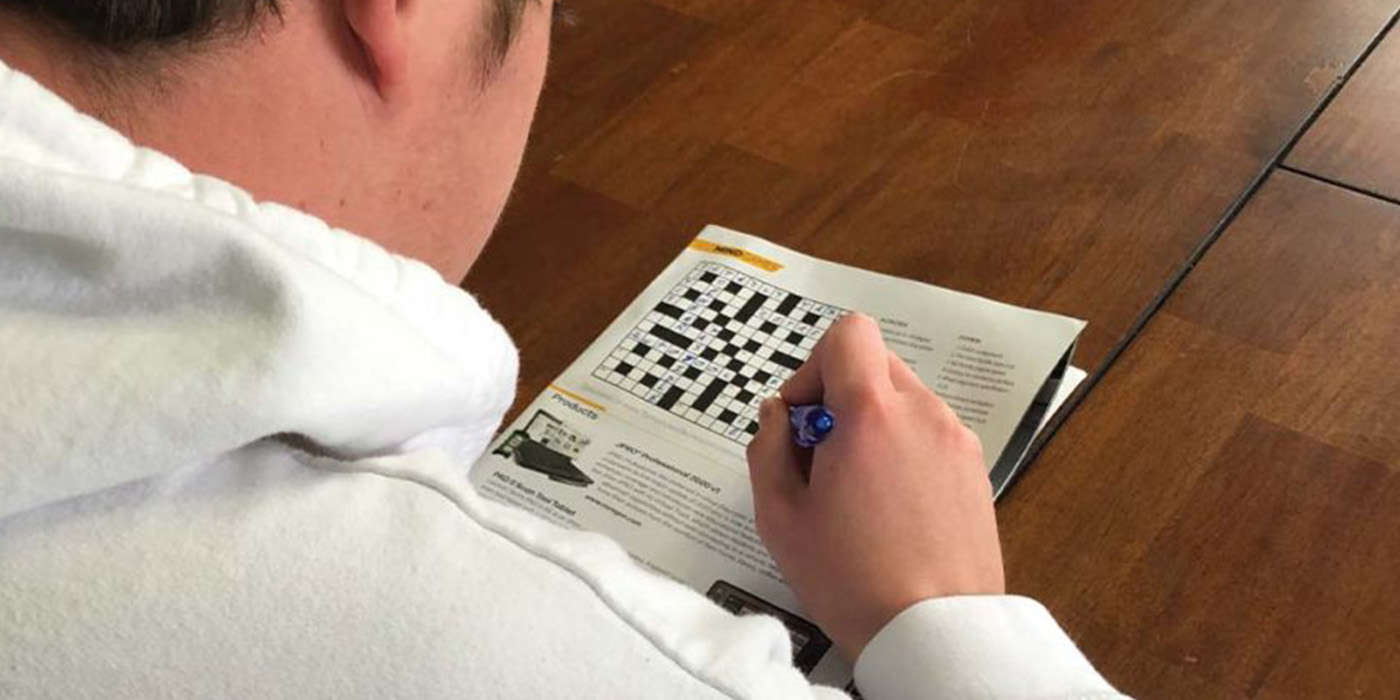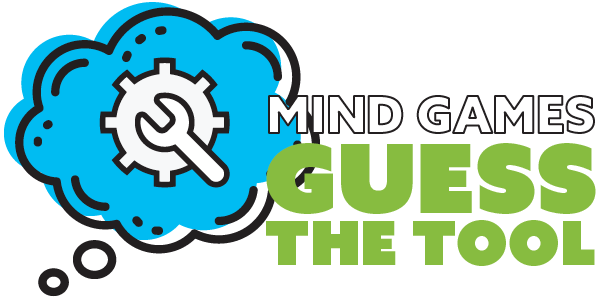You submitted your resume. A recruiter or manager called you and conducted a phone screen, and now, you have an in-person interview. Congratulations! But what next?
The person who will be interviewing you will be prepared. They will have reviewed your resume, prepared questions to ask you and thought through the key skills that they need for the position. Here’s what you should do to get ready.
Know exactly where you’re going — Be sure that you have the exact details of the interview correct and that you have a plan to be at the location early. If you have never been to the facility before, do a test drive to make sure you know the route, where to park and where to enter the facility. Also know what to expect. Are you simply meeting with one person or will you have a series of meetings and possibly some type of testing?
Practice, practice, practice — Have a friend or family member role-play with you to practice answering potential questions. Practicing out loud gives you the chance to hear your answers and better anticipate how you may respond to questions. The types of questions to practice include questions based upon the information that is on your resume, skill-based questions, as well as behavioral questions. With behavioral interview questions, an interviewer is looking for specific examples of how you have dealt with a situation. Employers want to know how you have handled situations in prior roles or situations. Make sure you include an overview of the situation, your specific actions and the outcome of the example.
Examples of behavioral interview questions:
- Share an example of when you had to respond to a challenging question from a customer?
- Tell me about a situation where you worked as part of a team to solve a problem?
- Tell me about a time where you had to address a problem for the first time?
Have questions to ask prepared — At some point during your interview, you will likely be asked if you have questions about the role or company. Think about what is important to you in a future employer, and prepare questions ahead of time to make sure you get the insights to help you evaluate whether the organization is the right place for you. In addition, coming prepared with good questions will demonstrate you’ve done your homework and are excited about the opportunity.
Build a relationship — During your interview, you will want to build a relationship with the person who is interviewing you. Follow their lead — you do not want to be too casual, but it is important to be yourself. Your interviewer will likely have a series of questions to assess whether your past behaviors align with the role, company and environment.
Display active listening skills —Throughout the interview, practice active listening and make eye contact with the person you are speaking with. Waiting for your interview to begin is a great time to observe the workplace. Is it a place that you could see yourself working? What are the interactions like between the current employees?
What should you do after the interview? –
- Ask for next steps — At the end of the interview, ask when you should expect to hear an update.
- Send a follow-up thank you note — You should send a follow-up note or email thanking the interviewer(s) for their time. Make sure to personalize the note and be specific about what you learned or appreciated during your conversation(s).
*BONUS TIP*
Reflect on your interview experience — Once you have completed the interview process, it is important to reflect on your experience and take notes of any key learnings. First, think through how you prepared for the interview and if there were areas you felt most prepared for, or times when you felt you weren’t quite ready to answer or respond to the question. In addition, think through whether there were specific items you liked about the company or the environment, and if there were areas that you did not feel were a strong fit for the type of workplace you want to be part of. Make sure to leverage these learnings in your future job searches to help narrow down the roles and companies that would be best for your future career goals.
Article sponsored by TechForce Foundation.
